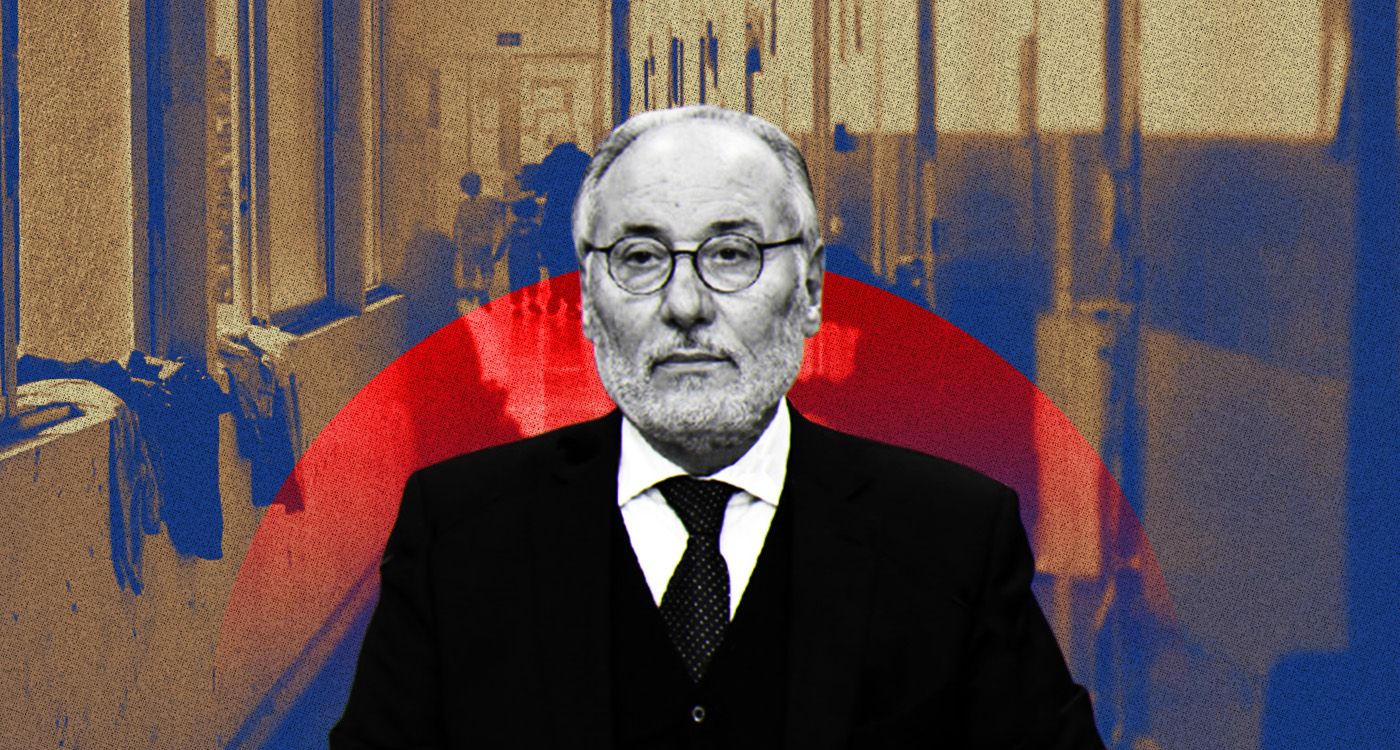
Set for November 4 by a decision from the caretaker Minister of Education, Abbas Halabi, the start of the school year in public schools faces numerous challenges. Thousands of displaced people currently occupy these schools, having taken refuge there after the intensification of clashes between Hezbollah and Israel, particularly since September 23. The question of their future remains problematic.
Normally scheduled for September, the start of the school year for thousands of students across the country has been delayed this year. The reason? Internal displacement caused and aggravated by the raging war. Forced to leave their homes in areas most affected by the fighting, many Lebanese, especially the most disadvantaged, have been housed in various public buildings, including schools.
According to recent data, more than 750 schools are currently being used as shelters, in peripheral and rural areas, as well as in some urban zones, creating an unprecedented situation that complicates the organization of the school year. The pressing question now is what will happen to these displaced individuals as the November 4 school start date approaches.
“We will not accept, under any circumstances, the evacuation of the displaced without a viable alternative for their shelter,” said caretaker Labor Minister Moustapha Bayram in an interview with This Is Beirut. “Why the rush in these times? Have we forgotten how the spread of the coronavirus in 2019, as well as the October revolution that same year, with its countless protests, led to school closures?” he questioned. Bayram added, “We can certainly wait for the situation to calm down a bit more, given the precedents in this regard.”
This assertion is not shared by some observers. “The government could, in cooperation with municipalities and humanitarian organizations, consider a gradual evacuation of the displaced occupying public schools,” suggested a source close to the matter, speaking on condition of anonymity.
While it is necessary to allow the resumption of classes, this solution presents significant challenges. Where will these families be relocated? In a context of political and economic crisis, can the displaced be provided with adequate shelters elsewhere in such a short time frame?
The Education Minister’s Proposal
As November 4 quickly approaches, Halabi has rushed to respond to these concerns. “Today, the return to school for 500,000 students, who are displaced, is at stake,” he stated on October 21 during a meeting at the Serail with caretaker Prime Minister Najib Mikati.
“While the education of children must not be compromised, we have no intention of evacuating the people currently in these schools, contrary to circulating rumors,” he insisted, before presenting his ministry’s plan to address the issue.
Halabi explained that the plan initially involves opening schools that are not currently occupied. A single day would then be split into two consecutive schedules to allow more students access to education. However, experts consulted by TIB fear that the lack of sufficient school infrastructure and resources will make the situation extremely difficult to manage, particularly in areas where schools are heavily occupied.
The minister has also sought assistance from some private schools that could accommodate students on specific schedules. Additionally, the possibility of remote learning has been discussed. However, the challenge lies in the logistics, which have yet to be detailed. Many students, unable to benefit from either of the first two options, lack access to an internet connection, which could prevent them from attending their classes. As for the Lebanese University, Halabi has proposed the reopening of five faculties on October 28.
An Uncertain School Year
Beyond the issue of displaced people, Lebanese public schools face other structural challenges, including a lack of funding, deteriorating infrastructure, and a shortage of teachers.
“The Lebanese education sector is already weakened by the economic crisis. It could suffer another major blow if concrete measures are not taken to support students, displaced people, and teachers alike,” said a source familiar with the matter. “Let’s not forget that the teaching staff is also in a precarious position. After months of strikes due to deplorable working conditions and insufficient salaries, teachers may demand reforms before fully committing to the new school year,” the source continued. Their demands include salary increases and better teaching conditions, issues the ministry must quickly address to avoid further disruptions.
The school year scheduled to begin on November 4 in Lebanon is far from normal. Amid war, waves of displacement, and poor economic conditions, public schools stand at a crossroads. It is up to the Lebanese authorities to find pragmatic and humane solutions to address this unprecedented crisis. The goal is to preserve the education sector—a fundamental pillar of the country’s future—so it does not become yet another victim of the war and ongoing crisis. The coming weeks will be crucial. The challenge lies in balancing the needs of displaced people with the resumption of classes in public schools, while ensuring a safe start to the school year for both students and teachers.




Comments